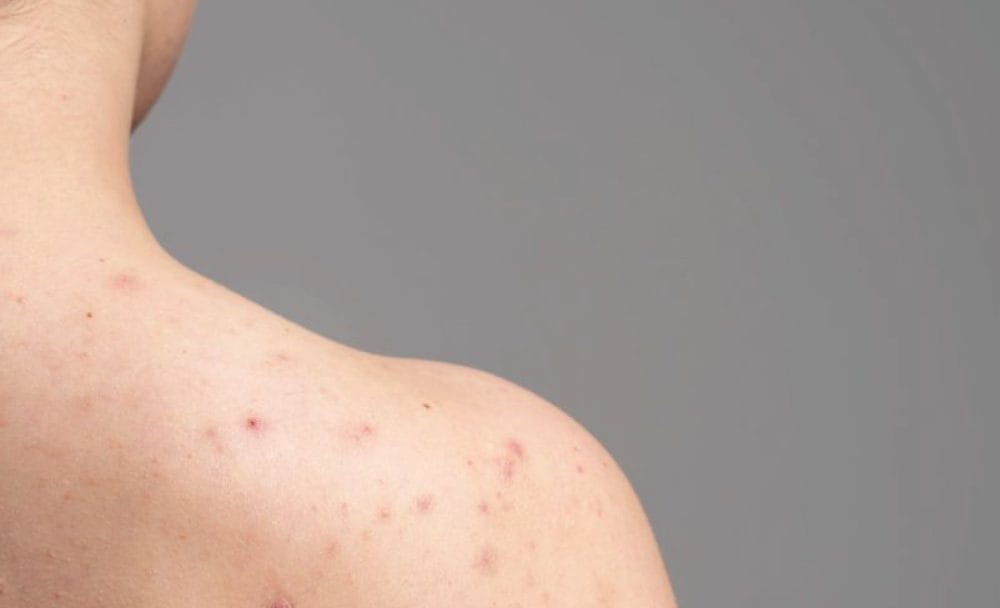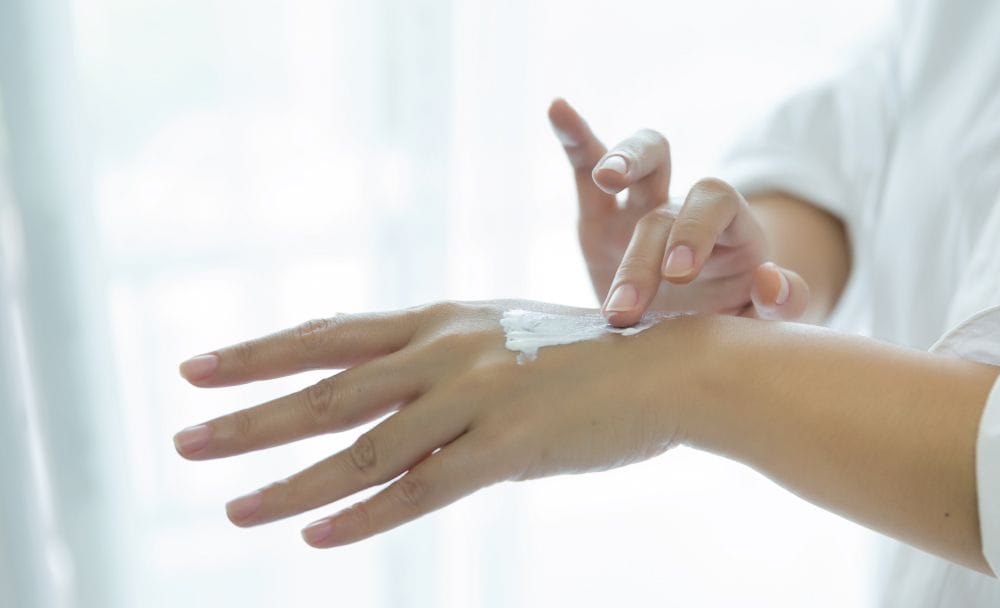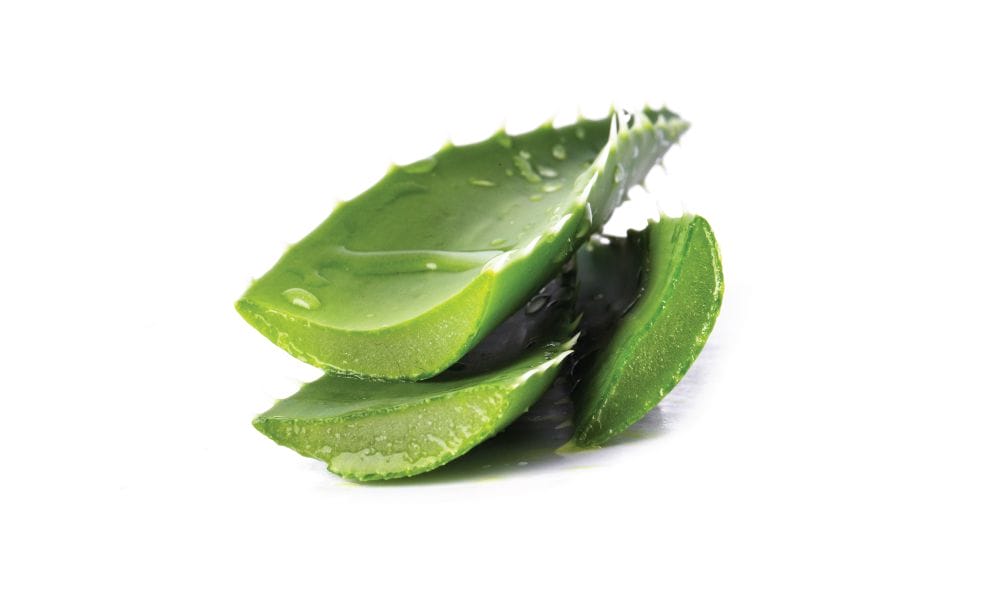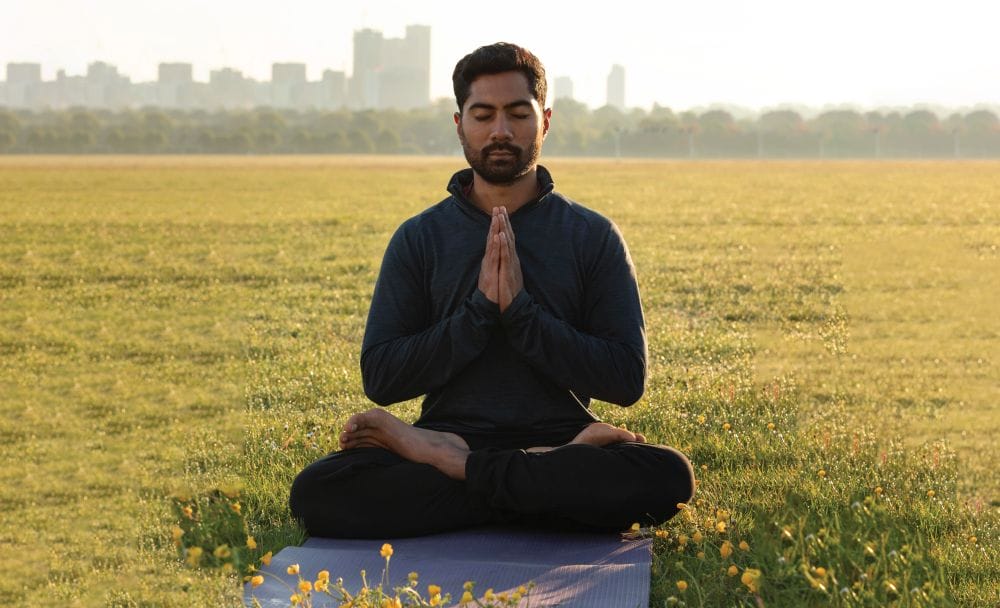This article is reviewed by an expert
Chickenpox is a common viral infection that affects people of all ages. In this article, we will provide an overview of chickenpox, including its causes, symptoms, treatment, and prevention. We will also explore the modern medical perspective and Ayurvedic perspective on chickenpox. [1] [2]
Overview and Causes of Chickenpox
Chickenpox, also known as varicella, is a highly contagious viral infection caused by the varicella-zoster virus. The virus spreads through respiratory secretions, such as coughing or sneezing, as well as through contact with the fluid from the blisters that develop on the skin. Once a person has been infected with the virus, it remains in the body in a dormant state. The virus can reactivate later in life and cause a condition known as shingles. Chickenpox is most common in children under the age of 10, but it can also affect adults who have not had the infection before. [1] [2]
Symptoms of Chickenpox
The symptoms of chickenpox typically appear within 10 to 21 days after exposure to the virus. The initial symptoms include fever, headache, and a general feeling of discomfort. Within a day or two, a red, itchy rash appears on the skin. The rash starts on the face, chest, and back and then spreads to other parts of the body. The rash progresses from red bumps to fluid-filled blisters, which eventually crust over and heal within two to three weeks. [3]
Other symptoms of chickenpox may include:[3]
- Loss of appetite
- Fatigue
- Muscle aches
- Irritability
In rare cases, chickenpox can lead to complications, such as bacterial infections of the skin, pneumonia, encephalitis, or Reye’s syndrome. [4]
In Ayurveda, the symptoms of chickenpox are attributed to an imbalance of the Tridoshas. The initial symptoms include fever, headache, and a general feeling of discomfort, which are caused by the accumulation of heat in the body. The rash that develops on the skin is also a manifestation of the Pitta dosha, as it is characterized by redness, inflammation, and heat. [5]
Treatment for Chickenpox in Modern Medicine
There is no cure for chickenpox, but the symptoms can be managed with over-the-counter medications, such as acetaminophen or ibuprofen, to reduce fever and relieve pain and itching. Calamine lotion or other topical creams may also be used to soothe the skin and reduce itching.[6]
In severe cases, antiviral medications may be prescribed. Antiviral drugs can help shorten the duration of the infection and reduce the severity of symptoms. These medications work by stopping the virus from reproducing in the body.[6]
Most people recover from chickenpox without any complications. However, in some cases, the infection can lead to complications, such as bacterial infections of the skin, pneumonia, or encephalitis. If a person develops any of these complications, they may require hospitalization and more aggressive treatment.[6]
Ayurvedic Treatments for Chickenpox
The Ayurvedic treatment for chickenpox focuses on balancing the Pitta dosha and reducing inflammation in the body. This is achieved through dietary modifications, herbal remedies, and lifestyle changes. [7]
Dietary Modifications: In Ayurveda, it is recommended to avoid spicy, fried, and acidic foods, as they can aggravate the Pitta dosha and worsen the symptoms of chickenpox. Instead, it is recommended to eat cooling and soothing foods, such as fresh fruits and vegetables, coconut water, and herbal teas.[7]
Medical Remedies: Ayurveda offers several herbal remedies for the treatment of chickenpox. These remedies are aimed at reducing inflammation in the body, soothing the skin, and boosting the immune system. Some of the medicinal preparations used to treat the symptoms of chickenpox include Panchatikta ghrita,
Haridra khanda, and Guduchyadi Taila. Commonly used herbs for chickenpox include neem, turmeric, sandalwood, and aloe vera.[5] [7]
Lifestyle Changes: Ayurveda emphasizes the importance of lifestyle changes in the treatment of chickenpox. This includes getting plenty of rest, avoiding exposure to heat and sunlight, and practising stress-reducing techniques, such as yoga and meditation.[7]
It is important to remember however that ayurvedic treatments have to be used on top of conventional treatments and should not be used alone for the treatment of chickenpox. It is also necessary to consult a medical practitioner before opting for any of the ayurvedic drugs or medications.
Prevention of Chickenpox
The best way to prevent chickenpox is through vaccination. The chickenpox vaccine is a safe and effective way to prevent the infection. The vaccine is recommended for all children, adolescents, and adults who have not had the infection before.[6] [8]
The chickenpox vaccine is given in two doses. The first dose is usually given between 12 and 15 months of age, and the second dose is given between 4 and 6 years of age. In some cases, the second dose may be given later.[6] [8]
In addition to vaccination, practising good hygiene can help prevent the spread of the virus. This includes washing your hands frequently with soap and water, covering your mouth and nose when coughing or sneezing, and avoiding contact with people who have chickenpox or shingles.[6]
FAQs
1. Can adults get chickenpox?
Yes, adults can get chickenpox if they have not had the infection before. In adults, chickenpox tends to be more severe than in children, and there is a higher risk of complications.
2. Can a person get chickenpox twice?
It is rare to get chickenpox more than once, as the virus remains in the body after the initial infection and provides lifelong immunity. However, in rare cases, a person may develop a second case of chickenpox if their immune system is compromised.
3. How long is a person with chickenpox contagious?
A person with chickenpox is contagious from one to two days before the rash appears until all of the blisters have crusted over, usually about five to seven days after the rash first appears.
4. Is chickenpox dangerous during pregnancy?
Yes, chickenpox can be dangerous for pregnant women and their unborn babies, especially in the first 20 weeks of pregnancy. If a pregnant woman has not had chickenpox before and is exposed to the virus, she should contact her healthcare provider immediately.
5. Can shingles be prevented?
Conclusion
Chickenpox is a common viral infection that can be prevented through vaccination and good hygiene practices. The modern medical perspective on chickenpox focuses on managing the symptoms and preventing complications. The Ayurvedic perspective on chickenpox focuses on balancing the Pitta dosha and reducing inflammation in the body. Ayurvedic remedies can be used in conjunction with modern medical treatments to provide relief from the symptoms of chickenpox and promote overall health and wellness. It is important to consult with a qualified Ayurvedic practitioner before using any herbal remedies or making lifestyle changes.
Disclaimer: This article is only for providing general information regarding chickenpox. Kindly seek the assistance of a trained medical practitioner for diagnosis and treatment before incorporating any of the mentioned remedies into your daily routine.
Reference:
- About Chickenpox | CDC
- Chickenpox – PMC (nih.gov)
- Chickenpox (Varicella) Signs and Symptoms | CDC
- Chickenpox (Varicella) Complications | CDC
- Case Report Effect of add-on Ayurveda treatment in the management of chickenpox (researchgate.net)
- Chickenpox (Varicella) Prevention and Treatment | CDC
- A Clinical Study On The Role Of Ayurvedic Shaman Yoga And Bahi Parimarjana Chikitsa For The Management Of Laghu Masurikajanya Vaivarnata (Post Chickenpox Pigmentation) -A Case Study
- Chickenpox (Varicella) Vaccination | CDC




















